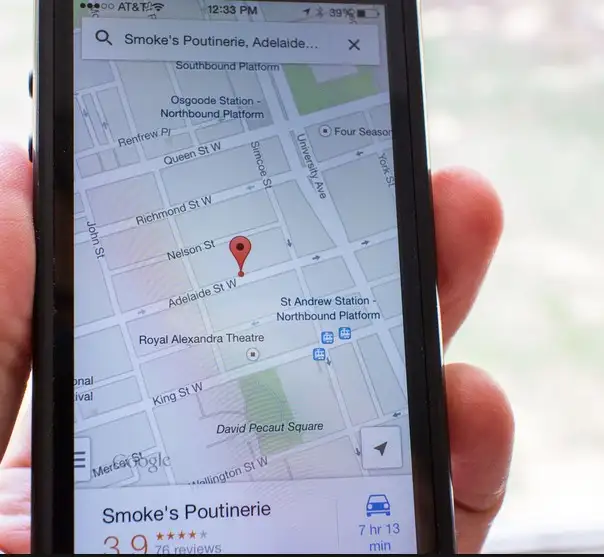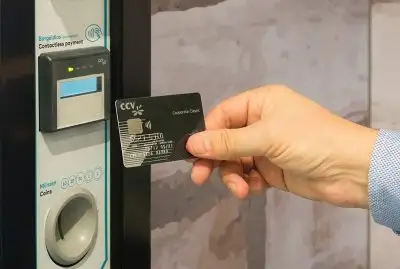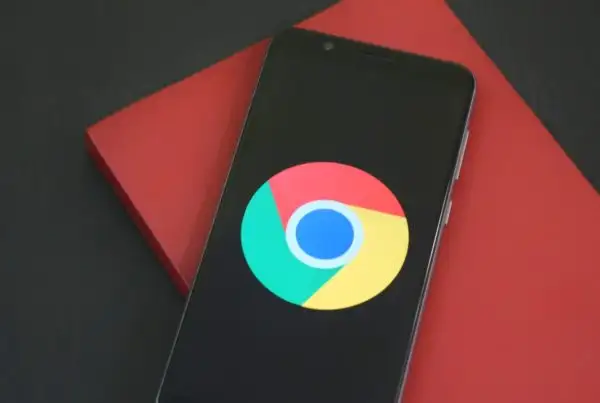Mobile location based services (MLBS) are growing and emerging into the ultimate selling tool. Due to the combination of rapidly growing 4G markets and the multitude of data being produced by mobile devices, companies are finding it easier to target and engage with their consumers.
With advances appearing mainly in navigation, tracking and local and social search, the path to increased revenue seems more painless than ever before. Understanding what your consumer wants, finding out how near they are to your store and sending them offers to encourage them to buy is also becoming an easier task for marketers to master.
The main issue here is that consumers are extremely protective over their location data. A recent study by BI Intelligence shows that consumers in the USA are more protective of their location data than they are of their browsing history. This means consumers need to be given a compelling reason to share their location.
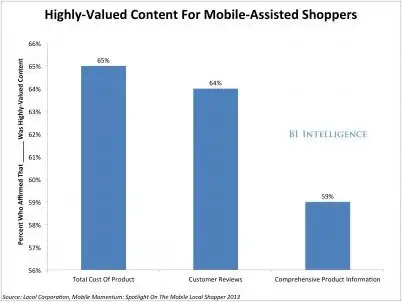
In an alternative report, BI Intelligence explore the best ways to encourage consumers to share their location data with your company. The report highlights that one of the most effective ways to sell through MLBS is to make use of contextual apps.
Utilising contextual apps allows businesses to become user aware, reacting to search history and basing their suggestions on the interests and activities of the user. By creating an app that can track a user’s location, social media interests, web search history and send limited time offers to them based on their interests – for instance, discounts in coffee houses or offers from music and gaming retailers – both businesses and consumers can benefit from the combined sharing platform.
The biggest benefit for businesses is the discovery of monetisation opportunities that drive sales activities and purchasing behaviours. Location based services will also increase revenue and profitability, and encourage more intimate, relevant customer engagements.
A white paper published by Juniper Research has outlined the main growth opportunities in the contextual app and MLBS fields. They consider contextual apps to be an extremely valuable tool in consumer research, as “these enable providers to deliver targeted, relevant content and services to consumers based not only on who and where they are, but on when and why they are at those locations.”
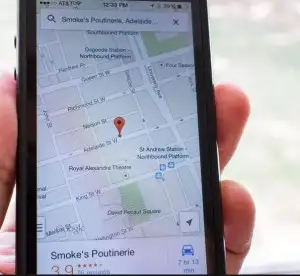 In the report, Juniper Research also explore the future trends of this location-based technology, and have compiled graphs showing the predicted rapid growth of contextual apps until 2019. It is evident through their in depth exploration of how consumers react to location based marketing that MBLS will become more a more popular local marketing tool among small to medium businesses within the next few years.
In the report, Juniper Research also explore the future trends of this location-based technology, and have compiled graphs showing the predicted rapid growth of contextual apps until 2019. It is evident through their in depth exploration of how consumers react to location based marketing that MBLS will become more a more popular local marketing tool among small to medium businesses within the next few years.
The future of MBLS and contextual apps is a bright one, with companies like Life360 and Waze already making use of geo-targeting software with extremely promising results.
What does this mean for other businesses ready to expand into local advertising? Will MBLS take over from basic mobile advertising and introduce consumers to a whole new level of engagement from their local businesses? The experts seem to think so, and the results are proving them right.

